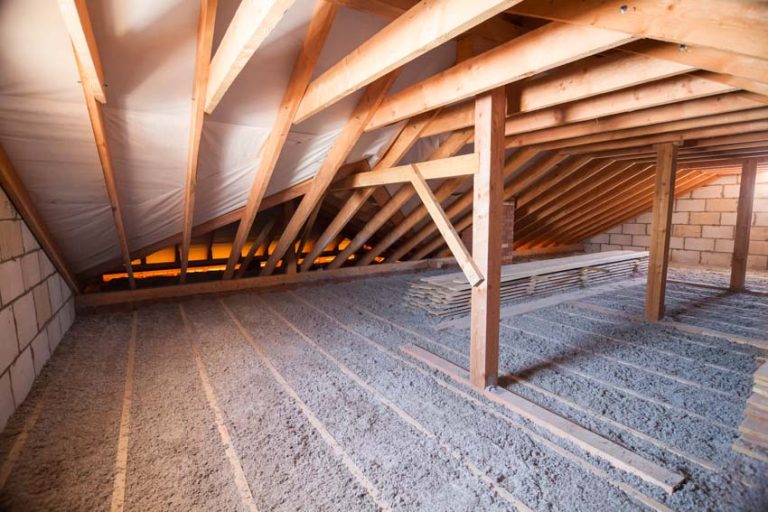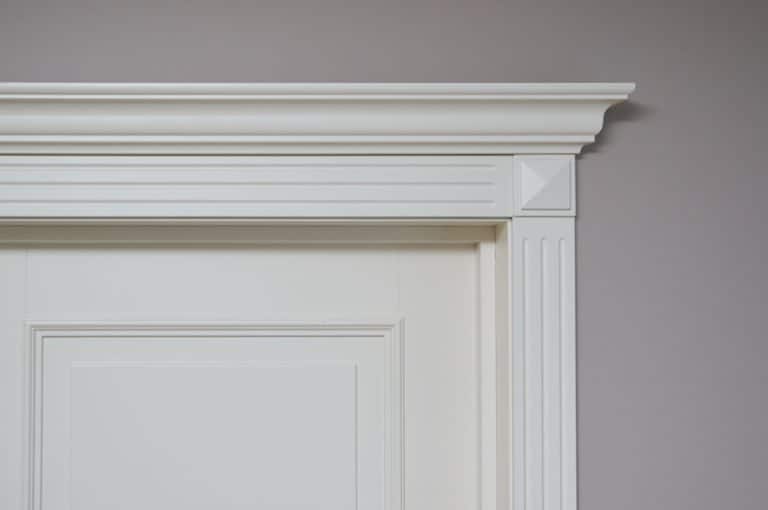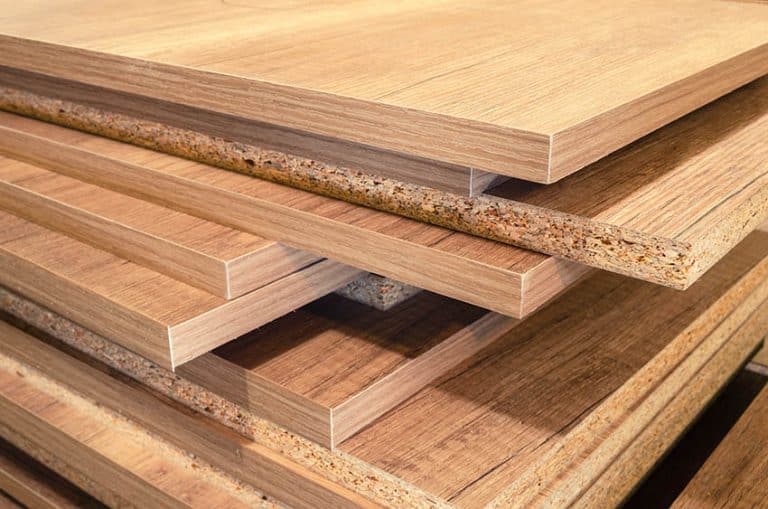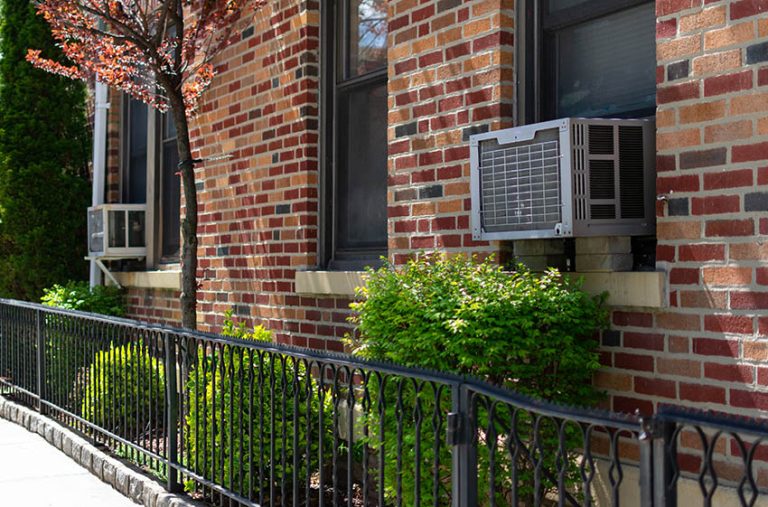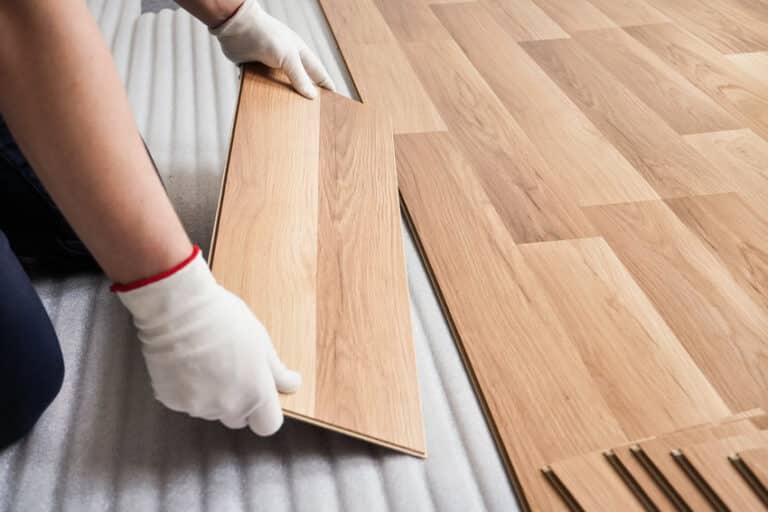Sealing Concrete Driveways (Pros and Cons)
In this sealing concrete driveways guide you’ll find what the process is, sealing pros and cons, coverage needed and how to seal this type of driveway.

Having a concrete driveway is a good choice. If you maintain it well, it can last five years or more. Sealing a concrete driveway should be a part of your regular maintenance. It can keep your driveway in top form for five years or more.
What Is Concrete Driveway Sealing?
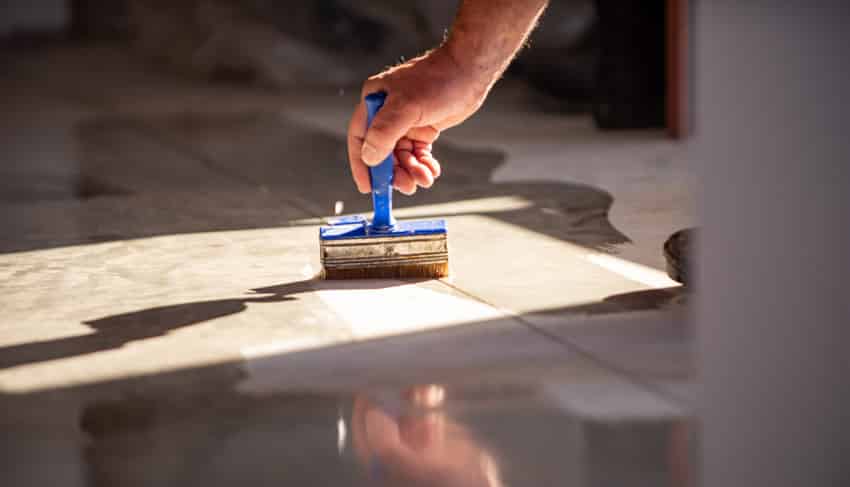
Keeping water and other substances away can help keep the driveway in excellent condition. Sealing concrete types of driveways must mean applying something to prevent penetration. You can use sealants or products to lock the tiny holes so that nothing can penetrate the concrete.
Should You Seal Your Concrete Driveway?

To save on expenses, you can do the job yourself. You do not need special skills to accomplish the task well. With a brush or a sprayer, you can have a safe and durable driveway.
Doing this work requires precaution, though. A sealant contains hazardous chemicals. You must refrain from touching it with your bare hands or exposing your bare skin to it or inhaling it.
Avoid wearing loose clothing when working. A part of it might get into contact with sealing material and stick to your skin. The danger of snagging the container and spilling its contents should be avoided.
Hiring someone who is an expert in this task is one way of guaranteeing your safety. They are professionals and highly skilled. Aside from not having to do the work, you are also assured of excellent results. Spending a few dollars more is not an issue where your well-being is concerned.
How To Seal A Concrete Driveway
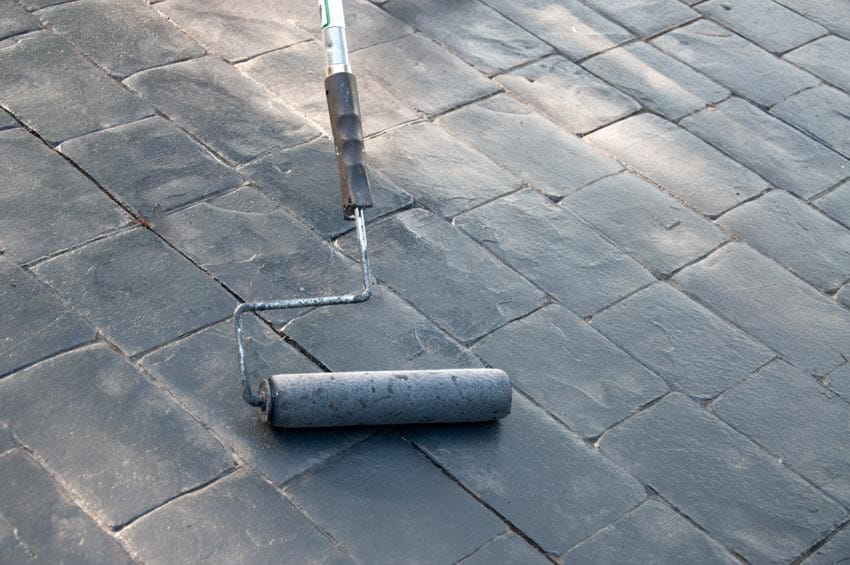
You also need to use the correct type of sealant for an efficient result. Here are the steps in locking up the invisible openings in the pavement so that residues will b not get in.
1. Get rid of oil residues from the surface: Remove all traces of oil from the pavement surface. If you have not cleaned the driveway for a while, there will be plenty of oil residues from your car. Gaskets, valve covers, oil pans, and engine seals can leak from time to time.
Many homeowners do the job themselves. Yet, if you do not have the time, there are many companies that offer this type of service. You can pay for a cleaning package, which is affordable and guaranteed to be the best.
2. Strip off any existing sealer: If you have applied sealants to your concrete pavement in the past years, make sure to remove it all. Some sealant strips left can reduce the efficacy of the newly-applied one.
There are cleaning substances that you can apply to the surface for easy sealant removal. Or you can manually get rid of old sealant by sanding the surface or grinding it.
3. Unclog the concrete pores: The holes in a concrete surface are so tiny that they are invisible. Simply brushing it will not work. You need to wash it with acid to get rid of the dirt.
This method is called etching. Before washing the area with acid, sweep dry leaves and other trash in the area. If you aspire to get the best results, forget about skipping this step.
4. Apply the concrete sealer: Once the concreted has been cleaned thoroughly, you can now start resealing. For a driveway that looks new, use high-quality and appropriate sealant.
The most popular types of sealer for concrete driveways are acrylic-resin based that are usually blended with epoxy, silicone or polyurethane. For exposed aggregate driveways use a penetrating solvent based acrylic sealer.
Apply two coatings, each going in a different direction. This is among the concrete driveway finishes that give an even result. Do not derive or walk on the driveway until the sealant is thoroughly dry.
Best Way To Seal Concrete Driveway

Sealing uneven areas is easy because the brush has bristles. However, some areas might have a thicker coating than other parts.
Using a spray would allow you to control the thickness or thinness of the sealant. One downside though is you might spray parts supposedly not to be covered. Cleaning can take time and you might waste a good amount of sealant.
How Often Should You Seal Your Driveway?
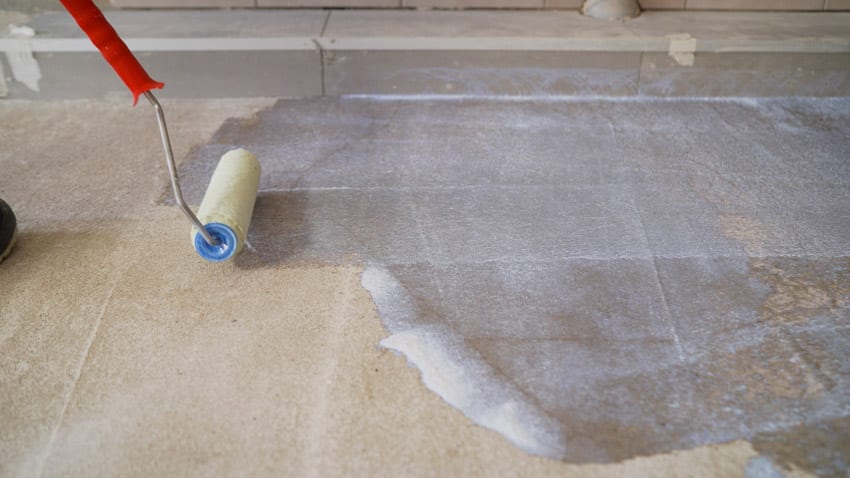
The Pros And Cons Of Sealing Concrete Driveway

Pros:
• Prevent Moisture – Sealing a concrete surface prevents moisture and other foreign bodies from penetrating concrete pores. Staining, discoloration, and other negative effects can be prevented, making the surface look new.
• Longer Lasting Driveway – It makes the driveway last longer. Since water and other moist residues cannot penetrate. The surface will retain its clean and new look for a long time.
• Increase Curb Appeal & Resale Value – An efficient concrete driveway sealant can increase the market value of a home. Potential buyers prefer houses that are farewell-maintained because they do not have to pay much for maintenance. Stained concrete driveways can also provide a unique luxurious look.
• Stain Resistant – Sealing concrete driveway makes the surface stain-resistant. Any substance that can cause blemish cannot pass through the pores and they are repelled immediately.
• Prevent Mold and Mildew – Applying concrete sealants can prevent the growth of molds and mildew. These organisms multiply fast in a moist and humid environment. They are not only an eyesore, but they can eventually cause damage to the concrete.
Cons:
• Can Be Slippery – When a driveway sealant is wet, it loses traction. Anyone walking on it or even a car running on it may slip and have an accident. Applying abrasives can give one a grip and prevent falls from slipping. Using sealing products mixed with grit can make a surface non-slippery.
• Needs Regular Resealing – Resealing has to be done after a few years. This means cost but it keeps the area safe. Some areas may fade. Applying sealant to keep its shiny look is necessary.
• Some Sealants Are Harmful – Most sealants are made of harsh chemicals that can harm people or the environment. A few are so potent that they are dangerous when inhaled or touched. Using safe sealants is highly recommended. They might cost higher than other types of sealants, though.
• Need to Wait For Concrete to Cure Before Application – Applying sealants to a newly-finished concrete driveway must not be done right after installing it. The shortest recommended time is one month to ensure that it is properly cured.
If done while the concrete is not yet fully dried, the money you spend on the project will be wasted because there is a big possibility of causing damage.
Driveway Sealer Coverage

In general you’ll need about one gallon for every 200 square feet of driveway sealer coverage. To find out how much you need, divide the total square footage of your driveway by 200. This will give you the number of gallons you will need to purchase to complete the project.
You can currently purchase 1 gallon for $40 plus tax or 5 gallons of concrete sealer for about $200 plus tax.
Do keep in mind that depending on the condition of the driveway and the sealer, you may need more than one application. Adding a second thinner coat may also provide a better driveway finish than adding one thick coat.
Companies that are experienced in sealing concrete driveways would know how much material you need. You do not have to do the calculation yourself if hiring an installer. However, if you are planning to do the sealing yourself, knowing the exact amount of sealant needed will prevent waste and low-quality results.
Best Sealants For Concrete Driveway

Aside from being water-resistant, they are also heavy-duty. They are ideal for protecting the surface from moisture that can cause discoloration, cracking, and crumbling.
Another popular sealer is epoxy. It is ideal for surfaces frequented by many people. It can give the driveway a newer look that should last up to 10 years.
To achieve the best-finished product, experts recommend using one gallon for every 200 square feet of driveway. Hence, the cost will depend on the size of your driveway. A five-gallon sealant can cover a thousand square feet. Applying the right amount of sealant will bring good and lasting results.
What Is The Best Time To Apply Sealant To A Driveway?

The hot summer months are around the corner and the concrete will be dry and ready to be before summer ends. You will feel safe in facing the winter after you have secured your concrete driveway.
See more related content in our article about sealing asphalt driveway pros and cons on this page.

